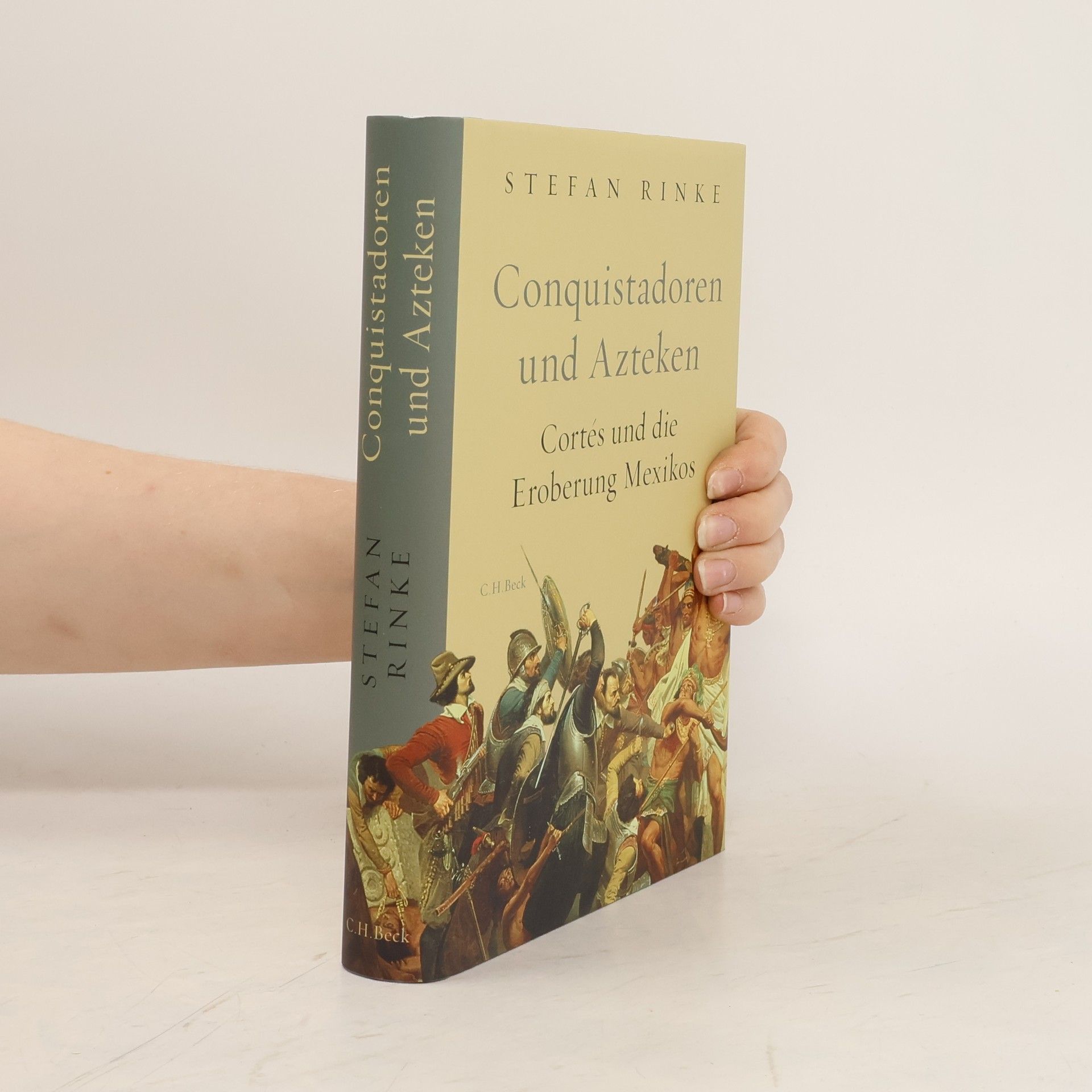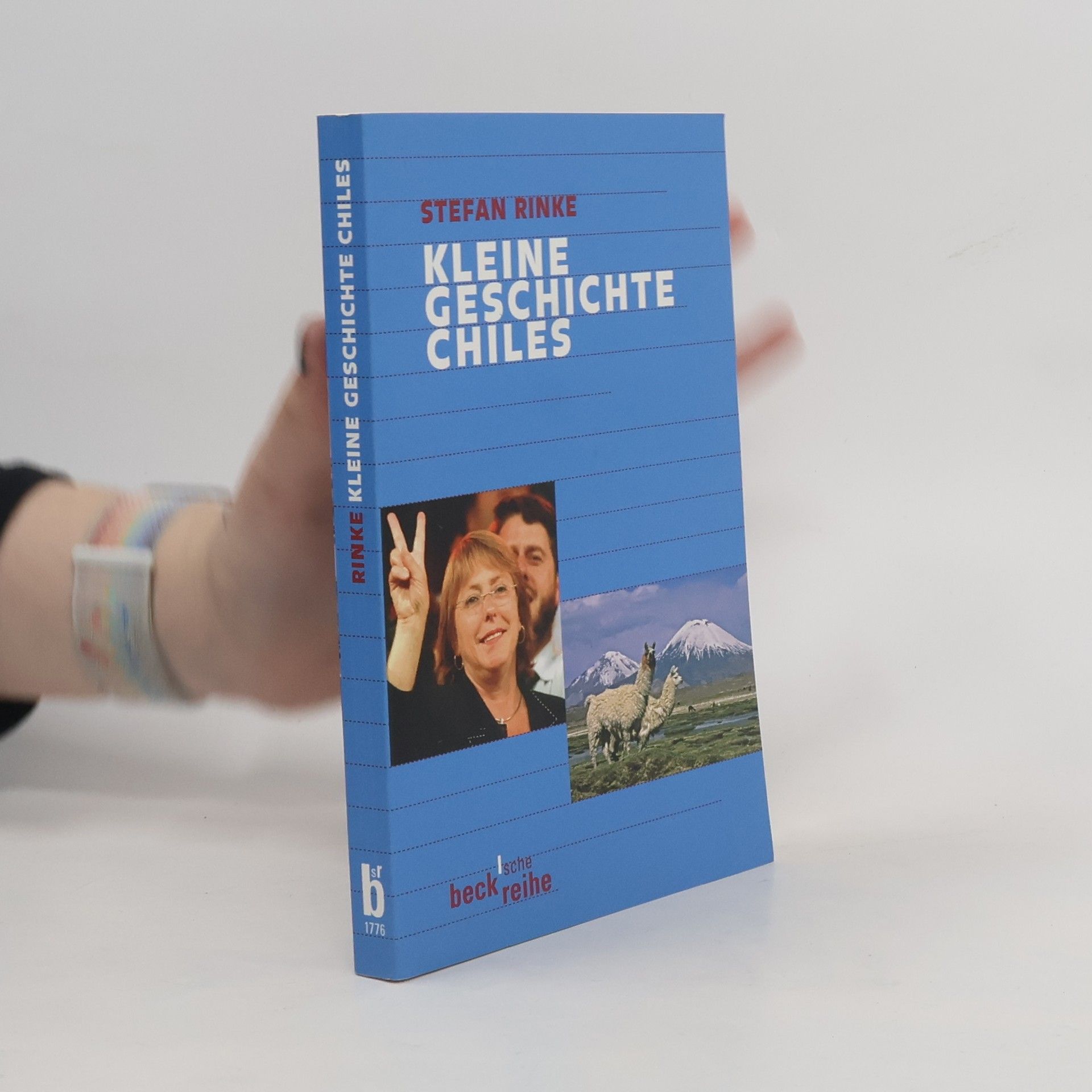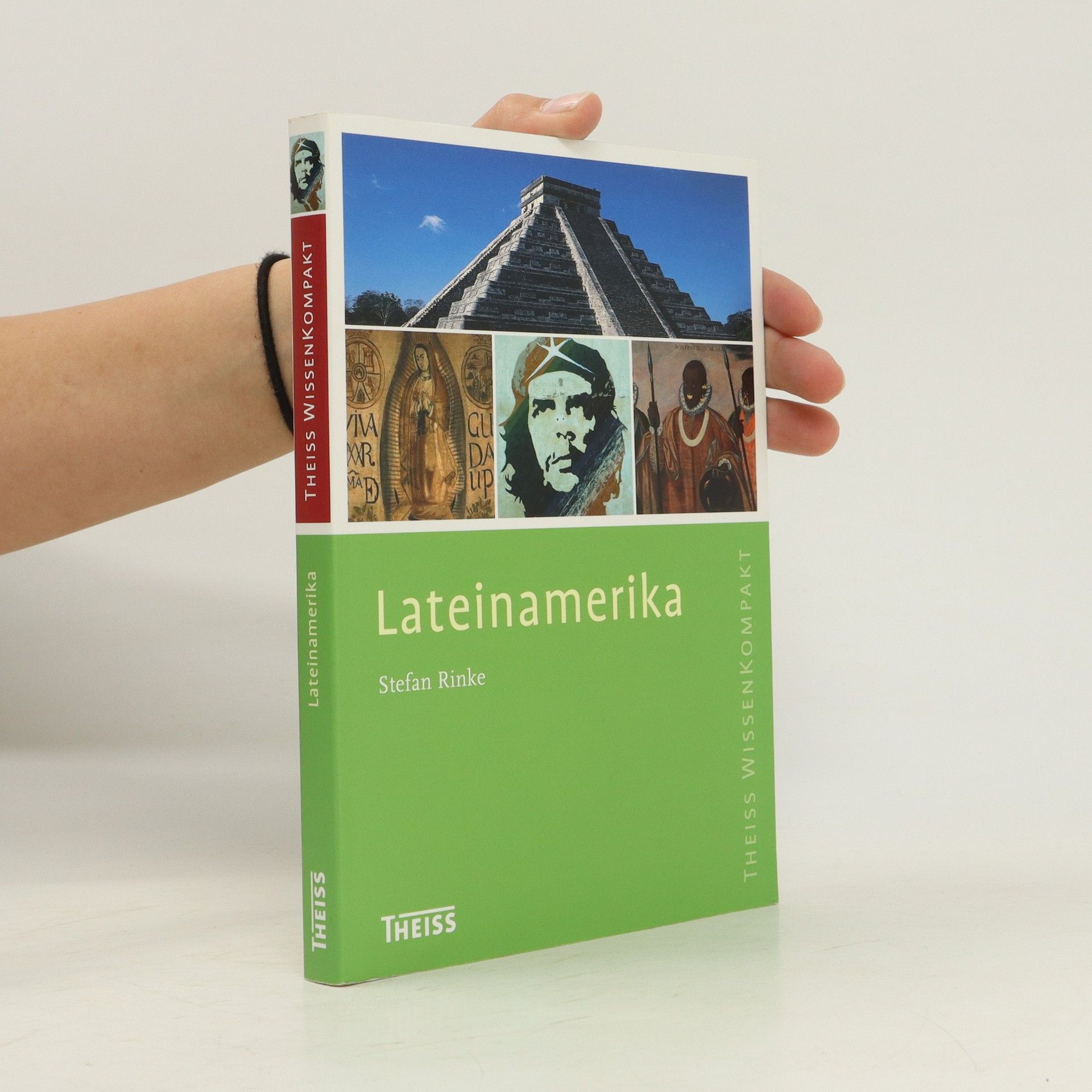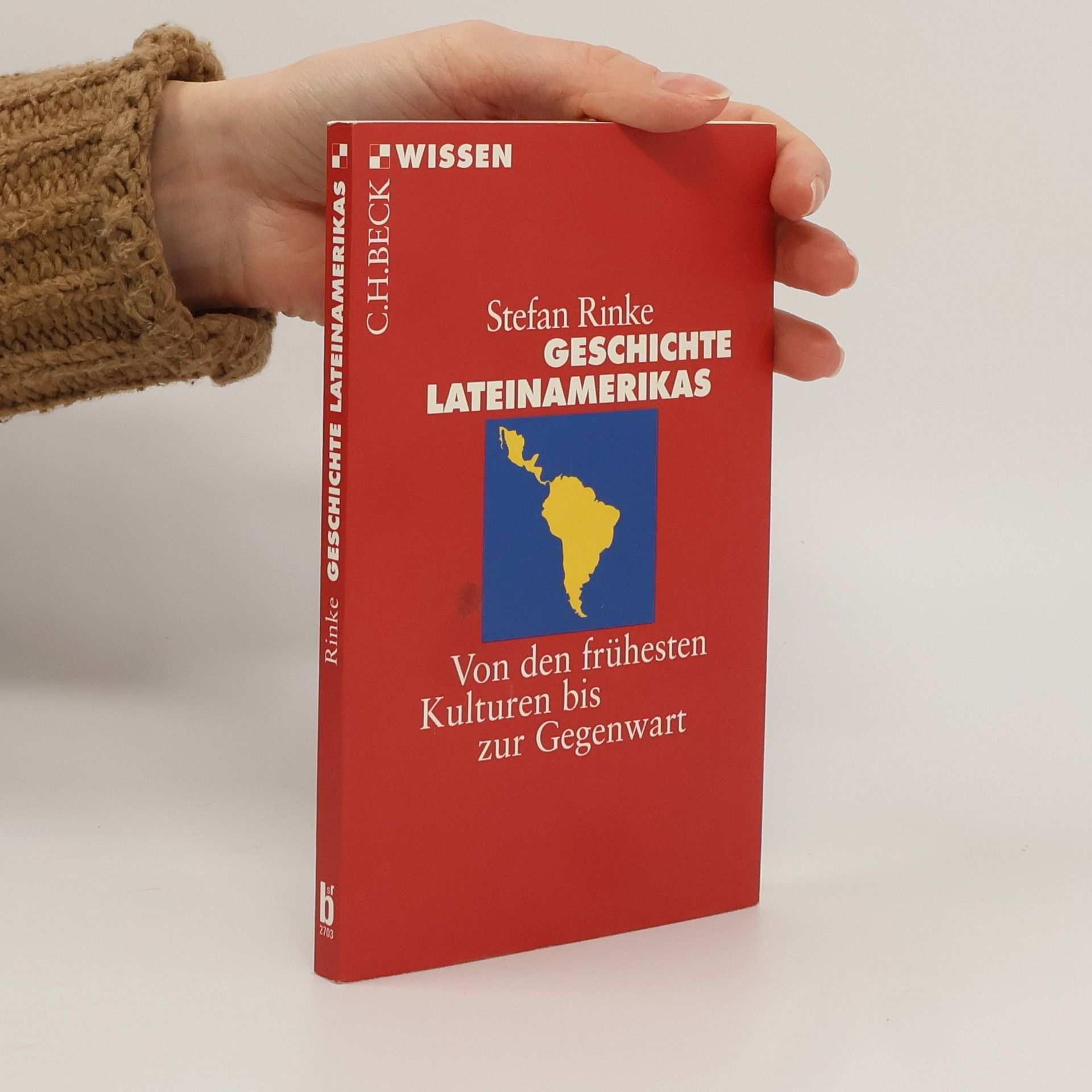Stefan Rinke Libros
Este autor se enfoca en eventos históricos y su impacto en la sociedad. Su escritura a menudo explora la compleja relación entre el pasado y el presente. A través de un análisis en profundidad, revela aspectos menos conocidos de los procesos históricos. Su objetivo es ofrecer a los lectores una nueva perspectiva sobre los eventos que han dado forma al mundo.






Expert Knowledge in Latin American History
Local, Transnational, and Global Perspectives
Memoria y conflicto. Memorias en conflicto
Intercambios metódicos y teóricos de experiencias locales latinoamericanas
Latin America and the First World War
- 312 páginas
- 11 horas de lectura
Using a broad variety of textual and visual sources, Latin America and the First World War goes beyond traditional diplomatic history and analyzes the global dimension of the history of the Great War. Filling a significant gap in transnational histories of the war, Stefan Rinke addresses political, social, and economic aspects as well as the cultural impact of the war on Latin America and vice versa. Rinke's meticulous research is based on sources from the nineteen independent states of the entire subcontinent and promises to be the most comprehensive examination to date of Latin America before, during, and immediately after the war.
Conquistadors and Aztecs
- 320 páginas
- 12 horas de lectura
A new account of the conquest of Mexico that focuses on the fall of Tenochtitlan, the capital of the Aztecs, timed for the 500th anniversary of this world historical event.
Conquistadoren und Azteken
Cortés und die Eroberung Mexikos
Von den ersten historischen Spuren über die Kolonialzeit bis zu Allende, Pinochet und Bachelet führt dieser knapp gefasste Überblick in die unterschiedlichen Facetten der Geschichte dieses faszinierenden Landes ein. Chile, einst Dauerkriegsherd des spanischen Kolonialreiches, nach der Unabhängigkeit politisch stabil, wurde berühmt für den chilenischen Weg zum Sozialismus unter Salvador Allende und den Putsch Pinochets dagegen am 11. September 1973, der eine brutale, menschenrechtsverachtende Diktatur etablierte, deren Folgen erst in den letzten Jahren allmählich aufgearbeitet wurden. Heute ist das Schwellenland Chile mit seiner neuen Präsidentin Michelle Bachelet wirtschaftlich und politisch stabil und insofern eine Ausnahmeerscheinung in einem krisengeplagten Kontinent.
Die Geschichte Lateinamerikas ist facettenreich und spannend. Sie ist geprägt von Migrationen, Ungleichheit und Multikulturalität, also von Problemen, die in unserer globalisierten Welt immer mehr an Bedeutung gewinnen. Verständlich und mit vielen Exkursen aufgelockert erzählt Stefan Rinke die Geschichte Lateinamerikas: von Mexiko im Norden über die spanischsprachige Karibik bis zu Chile und Argentinien im Süden. Dabei spannt er den zeitlichen Bogen von den Anfängen menschlicher Besiedlung bis heute. Mit zahlreichen Abbildungen und Begriffserklärungen bietet der Band einen Überblick über eine mehr als 15.000-jährige Geschichte auf dem neuesten Stand der Forschung.
Geschichte Lateinamerikas
- 128 páginas
- 5 horas de lectura
30 Jahre WISSEN Lateinamerikanische Geschichte von den Anfängen bis heute Lateinamerika war das "erste Amerika" im Zeitalter der Entdeckungen. Es war die Säule der ersten europäischen Kolonialreiche und Schnittstelle riesiger Menschen- und Warenströme aus vier Kontinenten. Doch schon lange vor den "entdeckenden" Europäern hatten die ursprünglichen Bewohner die Geschichte Lateinamerikas gestaltet, das zum Land der Befreiung vom Kolonialismus, aber auch zum Kontinent der Diktatoren wurde. Im Zeitalter der neuen Globalisierung bleibt Lateinamerika ein Brennpunkt und ein Labor von Entwicklungen, die weit über den Kontinent hinausweisen.


